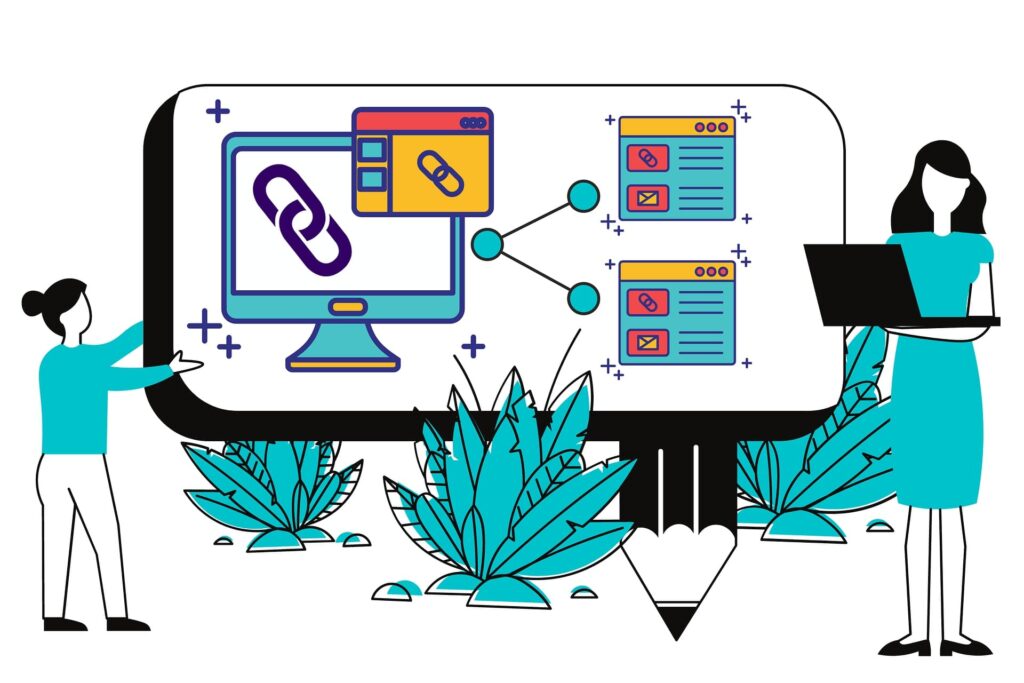The workplace has changed a lot in recent years. With the advent of technology, new work methods have emerged, and traditional jobs are disappearing.
These changes have impacted people’s skill sets and interactions with others. Interpersonal skills are now more important than ever because they allow us to understand different perspectives better and be more creative when solving problems.
In the future, people will work more with robots than other humans. This is why interpersonal skills are important. It’s the only way to keep a human touch.
Let me share the seven killing strategies today:
Quick Links
Start with Really Taking the Time to Listen
Listening is an important skill, and it’s a skill many of us don’t do very well. But, unfortunately, it’s also something that we need to work on regularly to improve.
It’s not always easy to listen well, but there are some things you can do to help improve your listening skills.
There are three types of listening: active, reflective, and empathetic.
Active Listening
Active listening means paying attention to what the speaker is saying and asking questions when you don’t understand something they’re saying.
Reflective Listening
Reflective listening means reflecting what the speaker says in your own words, so they know you are paying attention.
Emphatic Listening
Empathic listening means trying to imagine how the speaker feels to understand them better.
Open Up Your Perspective
Interpersonal skills are an important part of life. They allow you to connect with others, build relationships, and create a better world. To improve your interpersonal skills, you need to open up your perspective.
To improve your interpersonal skills, you need to be willing to see the world from another person’s point of view.
This means being more open-minded and understanding that other people have different perspectives on things than you do. It also means being willing to listen and empathize with them to understand their feelings better, needs, wants, and opinions.
Improving your interpersonal skills will help you in all aspects of life – including work, school, and personal relationships.
Practice Self-Reflection and Awareness of How You Affect Others
Let me guide you about the importance of self-reflection and awareness of how you affect others. It also provides a step-by-step guide on how to improve interpersonal skills.
- The first step is to be aware that you have an impact on others and that your behavior affects them.
- The second step is to practice self-reflection, which means taking a moment to think about how your behavior impacts other people and what you can do better in the future.
- The third step is to look at yourself from the perspective of others, which means considering their feelings and thoughts when looking at your behavior.
- The fourth step is practicing empathy, which means putting yourself in someone else’s shoes to understand where they are coming from.
- Lastly, the fifth step is to show appreciation for other people’s efforts and accomplishments, even if they aren’t as good as yours.
Consider the Context in Which You're Speaking or Interacting
It is important to consider the context in which you speak or interact with someone.
The type of setting, mood, and location all impact how you communicate with others.
When you are in a job interview, for example, you must have good interpersonal skills because there is a lot at stake. You want to ensure that you are not offending the person interviewing you by being too casual or informal if the setting calls for more formal language.
Most importantly, be mindful of cultural differences and their meaning when communicating with someone from another country.
Be Open to Improving Yourself & Learning from Other People's Mistakes
In the workplace, it is crucial to be able to work well with others. In addition, being open and willing to learn from other people’s mistakes is important.
A good way to improve your interpersonal skills is by listening and understanding what others say. It can also help if you are open-minded, empathetic, and non-judgmental.
The best way to learn how to improve your interpersonal skills is by observing others’ behavior in the workplace. You can also take courses or read books on the topic.
We all make mistakes, and that’s okay. We learn from them and grow as people. The key to improving your interpersonal skills is to be open to improving yourself and learning from other people’s mistakes.
Practice Saying "I Don't Know" and "I'm Sorry"
When we say “I don’t know,” we acknowledge that we are not perfect. When we say “I’m sorry,” we show empathy and understanding.
We often avoid saying these words because they can make us feel vulnerable and exposed. But this is the wrong way to think about them: Saying “I don’t know” and “I’m sorry” can increase our self-worth.
Be Aware of When You're Being Passive Aggressive
A passive-aggressive person is someone who behaves in a way that shows they are angry, but instead of communicating this anger openly and honestly, they express it more subtly.
The best way to avoid being passive-aggressive is to communicate your feelings openly and honestly. If you are feeling angry, say it. If you are feeling frustrated, say it.
This will allow the other person to understand what you are going through and may even help them figure out ways to be more supportive or understanding of your situation.
Bottom Line
Interpersonal skills are the most important skills to have in any work environment. They are vital for a successful career and make you more likable.
- First, interpersonal skills help you connect and build strong relationships with others. This is very important in the workplace because it helps you build better working relationships with your co-workers. It also helps you get along better with your boss and clients, which can lead to promotions or even higher paychecks.
- Secondly, interpersonal skills help people be more receptive to what others say and understand their needs better. They also help people communicate their thoughts and ideas in a clearer way for others to understand.
- Lastly, good interpersonal skills make it easier for people to take responsibility for themselves when something goes wrong, or they need help from someone else.
Sharing is Caring

























